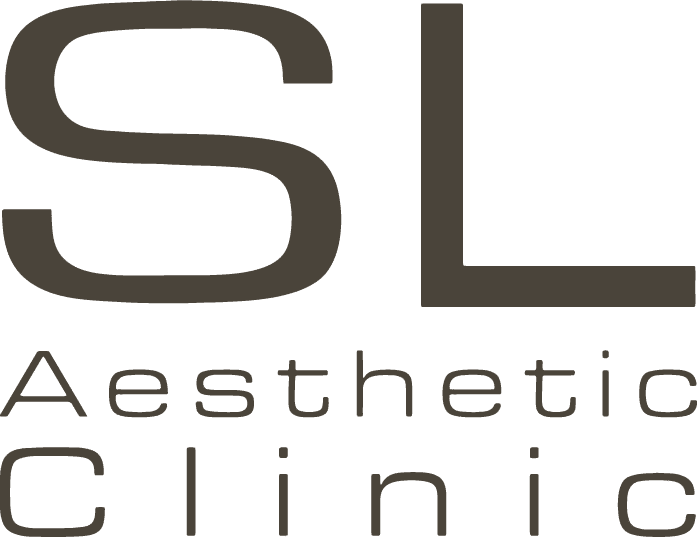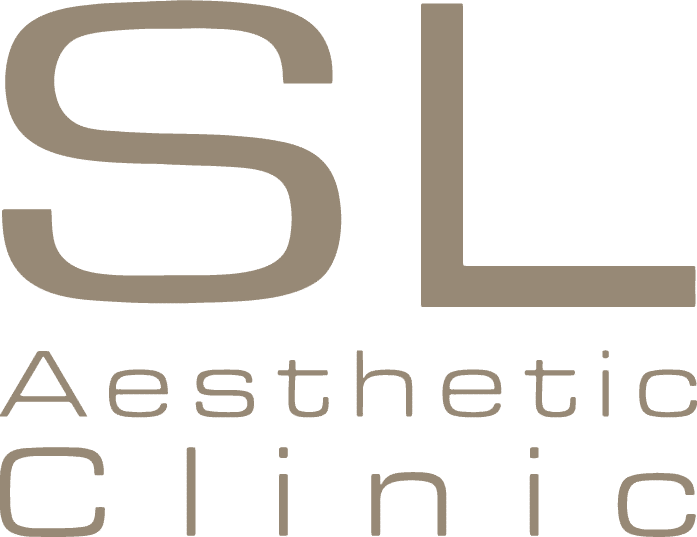Our outlets will be closed from 26 Mar (Tue) to 27 Mar (Wed) for our annual team bonding event. We will resume operations on 28 Mar (Thu).
Our outlets will be closed from 26 Mar (Tue) to 27 Mar (Wed) for our annual team bonding event. We will resume operations on 28 Mar (Thu).



